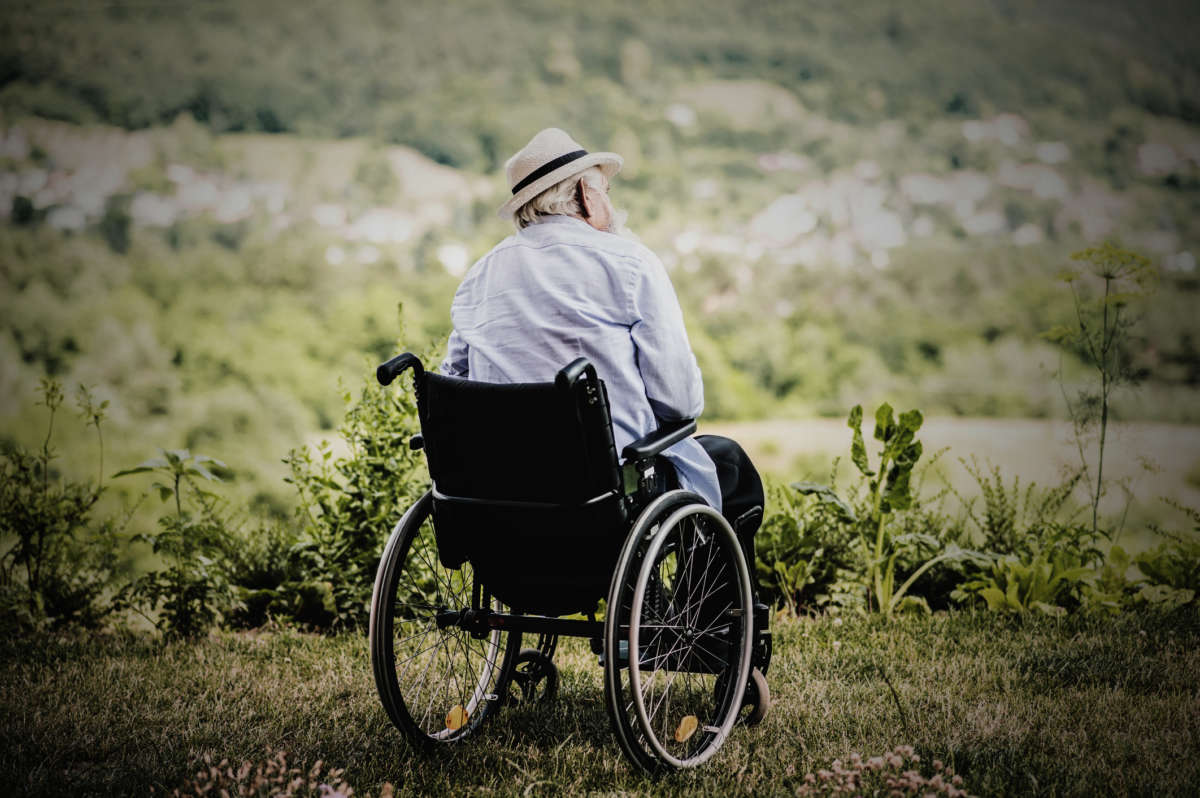Support justice-driven, accurate and transparent news — make a quick donation to Truthout today!
Changes to the Social Security Disability Insurance program proposed in January by the Trump administration could make it harder for over 8 million Americans with disabilities to maintain federal benefits.
That’s particularly true for those in rural communities, where we have worked and studied for the past 35 years.
Changes to Disability Benefits
Currently, nearly 8.4 million people receive Social Security Disability Benefits, averaging about US$1,200 a month. Individuals receive these benefits if they are unable to hold a job because of a mental or physical impairment, such as back pain, arthritis or mood disorders.
To continue receiving these benefits, recipients must go through a periodic review process called a Continuing Disability Review. There were 2.2 million such reviews in 2018.
These reviews are meant to ensure that people who have improved or recovered from disability do not continue receiving federal benefits. The process varies depending on medical diagnosis and whether their condition is expected to improve.
Currently, recipients are classified into one of three groups: Medical Improvement Expected, Medical Improvement Possible and Medical Improvement Not Expected. Depending on classification, reviews can occur as frequently as twice a year or as rarely as once every seven years. Regardless of the designation, the review process can result in the termination of benefits.
The Trump administration has proposed the addition of a fourth classification category, called Medical Improvement Likely.
A letter from the House Ways and Means Committee states that such substantial changes to disability benefits haven’t happened since the 1980s.
According to the Federal Register, close to 1 million people, now categorized as Medical Improvement Possible, would likely move to this new category, increasing the frequency of their reviews. This change would add 2.6 million additional individual reviews over the next 10 years.
The goal of these proposed changes is to reduce overall benefits costs to the government. The Federal Register indicates that the additional reviews would cost $1.8 billion to administer while saving $2 billion in terminated benefits, for an overall savings of $200 million.
These proposed changes are based on research from The Office of Research, Demonstration and Employment Support showing that, after losing benefits based on a review, 70% of people had some earnings within the next five years. However, this research also shows that a majority continue to live below the poverty line.
Barriers to Access
People with disabilities in rural communities will be disproportionately affected by these changes.
In 2018, the Social Security Administration processed 2.4 million reviews, and nearly 200,000 individuals had their benefits terminated.
Individuals with terminated benefits must go through a lengthy appeals process in order to get benefits reinstated, often requiring a visit to a Social Security office or an administrative judge for a hearing.
The need to travel to a Social Security office or court can be a barrier for people who lack access to transportation. People with disabilities living in rural areas frequently report that limited access to transportation prevents them from getting a job, accessing health care and participating in recreation.
These issues are exacerbated for the more than 9 million people with disabilities who live in counties without Social Security offices. In fact, our analysis shows that 25% of all SSDI beneficiaries — over 2 million people — live in a county without a Social Security office. Of these, over half live in rural counties.
Lagging Economically
People in rural communities who lose benefits are also more economically vulnerable than those in more urban communities.
Access to economic opportunity is not equally distributed across the U.S. Our research group’s work shows that rural Americans with disabilities are still trying to recover from the recession.
Overall, fewer rural people with disabilities have jobs now than did in 2008 — this at a time when the U.S. unemployment rate is at historic lows. The drop in employment is particularly pronounced across a few geographic areas, including the Mid-Atlantic, Southern, Mountain and Pacific regions.
Additionally, people in rural areas are five percentage points more likely to experience disability than those in urban areas. They also tend to develop disabilities at a younger age.
We think that the sudden loss of benefits, or the inability to receive any at all, has serious implications for people with disabilities across rural America.
Disclosure statement: Lillie Greiman and Catherine Ipsen are staffers at the Research and Training Center on Disability in Rural Communities, which receives funding from The National Institute on Disability, Independent Living and Rehabilitation Research. The opinions expressed here represent the views of the authors and not necessarily that of the funding agency.
Press freedom is under attack
As Trump cracks down on political speech, independent media is increasingly necessary.
Truthout produces reporting you won’t see in the mainstream: journalism from the frontlines of global conflict, interviews with grassroots movement leaders, high-quality legal analysis and more.
Our work is possible thanks to reader support. Help Truthout catalyze change and social justice — make a tax-deductible monthly or one-time donation today.
